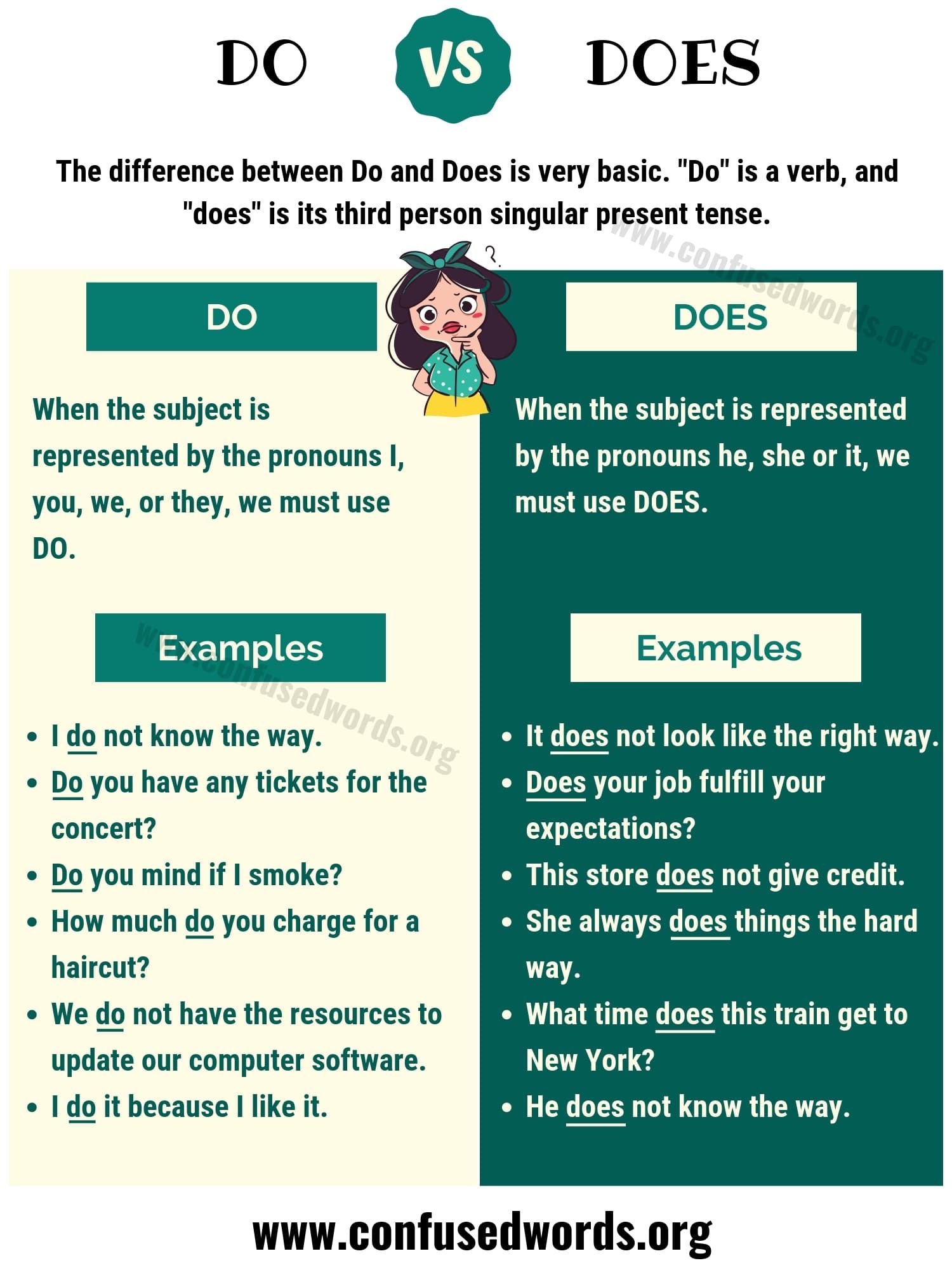In the realm of real estate, analysts play a pivotal role in guiding investment decisions, assessing market trends, and predicting future growth opportunities. These professionals must possess a unique blend of financial acumen, industry knowledge, and analytical prowess to excel in their role. As we delve into the world of real estate analysis, it becomes apparent that certain skills are essential for success in this field.
Financial Modeling and Analysis
One of the core skills required of a real estate analyst is the ability to create and interpret complex financial models. This involves analyzing income statements, balance sheets, and cash flow statements to understand the financial performance of a property or portfolio. By applying various metrics, such as capitalization rates, internal rates of return, and net operating income, analysts can assess the viability of an investment opportunity. For instance, a real estate analyst might use a discounted cash flow (DCF) model to estimate the present value of future cash flows and determine the intrinsic value of a property.
Key Financial Metrics
- Capitalization Rate (Cap Rate): The ratio of net operating income to the property’s value, indicating the return on investment.
- Internal Rate of Return (IRR): The rate at which the net present value of all cash flows equals zero, used to evaluate the profitability of an investment.
- Net Operating Income (NOI): The income generated by a property after operating expenses, but before debt service and taxes.
Market Research and Trends
Understanding market trends and being able to conduct thorough market research is another crucial skill for real estate analysts. This involves analyzing demographic data, economic indicators, and real estate market trends to predict demand and supply imbalances. By staying abreast of emerging trends, such as the shift towards sustainable and green buildings, or the impact of e-commerce on retail spaces, analysts can provide valuable insights that inform investment decisions. For example, recognizing the growing demand for multifamily housing in urban areas can guide investors towards opportunities with high potential for appreciation and rental income.
Emerging Trends
- Sustainable Development: The integration of environmental considerations into property development, focusing on energy efficiency, waste reduction, and occupant health.
- E-commerce Impact: The transformation of retail spaces in response to online shopping trends, including the repurposing of malls and the growth of logistics and distribution centers.
Communication and Presentation
Effective communication and presentation skills are essential for real estate analysts, as they often need to present complex financial and market data to clients or stakeholders. This requires the ability to distill intricate information into clear, actionable insights and to visually represent data in a compelling manner. Utilizing tools such as PowerPoint, Excel, and data visualization software, analysts can create engaging presentations that facilitate decision-making. For instance, a well-structured presentation might outline the key findings of a market analysis, supported by charts and graphs that illustrate trends and forecasts.
Presentation Techniques
- Data Visualization: The use of graphs, charts, and maps to represent data in a way that is easy to understand and interpret.
- Storytelling: The practice of presenting information in a narrative format, making complex data more relatable and memorable.
Technical Skills
Real estate analysts must also possess a range of technical skills, including proficiency in software applications such as Argus, Excel, and GIS mapping tools. The ability to manipulate and analyze large datasets, perform sensitivity analyses, and integrate data from various sources is critical. Furthermore, staying updated with industry-specific software and technologies, such as real estate investment trusts (REITs) analysis tools or property management software, enhances an analyst’s capabilities and efficiency. For example, using Argus to model and forecast the financial performance of a commercial property can provide insightful projections for investors.
Essential Software
- Argus: A financial modeling and analysis software widely used in the real estate industry for valuing and forecasting the performance of income-generating properties.
- Excel: A spreadsheet software that is fundamental for data analysis, financial modeling, and creating visual representations of data.
Ethical Considerations
Lastly, real estate analysts must operate with a strong ethical foundation, ensuring that their work is conducted with integrity, transparency, and a commitment to fairness. This includes avoiding conflicts of interest, maintaining confidentiality, and providing unbiased analyses. In a field where decisions can have significant financial and societal impacts, ethical behavior is not only a moral imperative but also a professional necessity. For instance, an analyst must disclose any potential biases in their analysis and ensure that their recommendations are based solely on the merits of the investment opportunity.
Ethical Principles
- Integrity: The adherence to moral and ethical principles in all professional activities.
- Transparency: The clear and open communication of methods, data, and assumptions used in analyses.
- Fairness: The commitment to unbiased and impartial analysis, free from personal or external influences.
Conclusion
In conclusion, the role of a real estate analyst is multifaceted and demanding, requiring a broad spectrum of skills that range from financial modeling and market research to communication and technical proficiency. As the real estate industry continues to evolve, driven by technological advancements, societal changes, and economic fluctuations, the demand for skilled analysts who can provide insightful and actionable advice will only continue to grow. By possessing a deep understanding of financial metrics, market trends, and technical tools, and by operating with ethical integrity, real estate analysts can navigate the complexities of their field with expertise and contribute to informed decision-making in the pursuit of successful investments and developments.
FAQ Section
What are the primary skills required of a real estate analyst?
+The primary skills include financial modeling and analysis, market research, communication and presentation, technical skills, and ethical considerations. Each of these skills plays a crucial role in the analyst’s ability to provide valuable insights and guidance.
How do real estate analysts use financial models?
+Real estate analysts use financial models, such as the discounted cash flow (DCF) model, to estimate the present value of future cash flows and determine the intrinsic value of a property. These models help in assessing the viability of investment opportunities.
What trends should real estate analysts be aware of?
+Emerging trends include sustainable development, the impact of e-commerce on retail spaces, and the shift towards multifamily housing in urban areas. Recognizing these trends can guide investors towards opportunities with high potential for appreciation and rental income.
Why are communication and presentation skills important for real estate analysts?
+Effective communication and presentation skills are essential for real estate analysts as they often need to present complex financial and market data to clients or stakeholders. Clear and compelling presentations facilitate decision-making and demonstrate the analyst’s expertise.
What technical skills should a real estate analyst possess?
+Technical skills include proficiency in software applications such as Argus, Excel, and GIS mapping tools. The ability to manipulate and analyze large datasets and perform sensitivity analyses is also critical. Staying updated with industry-specific software and technologies enhances an analyst’s capabilities.
Why is ethical behavior important for real estate analysts?
+Real estate analysts must operate with a strong ethical foundation, ensuring their work is conducted with integrity, transparency, and a commitment to fairness. This includes avoiding conflicts of interest, maintaining confidentiality, and providing unbiased analyses. Ethical behavior is both a moral and professional necessity in the real estate industry.



